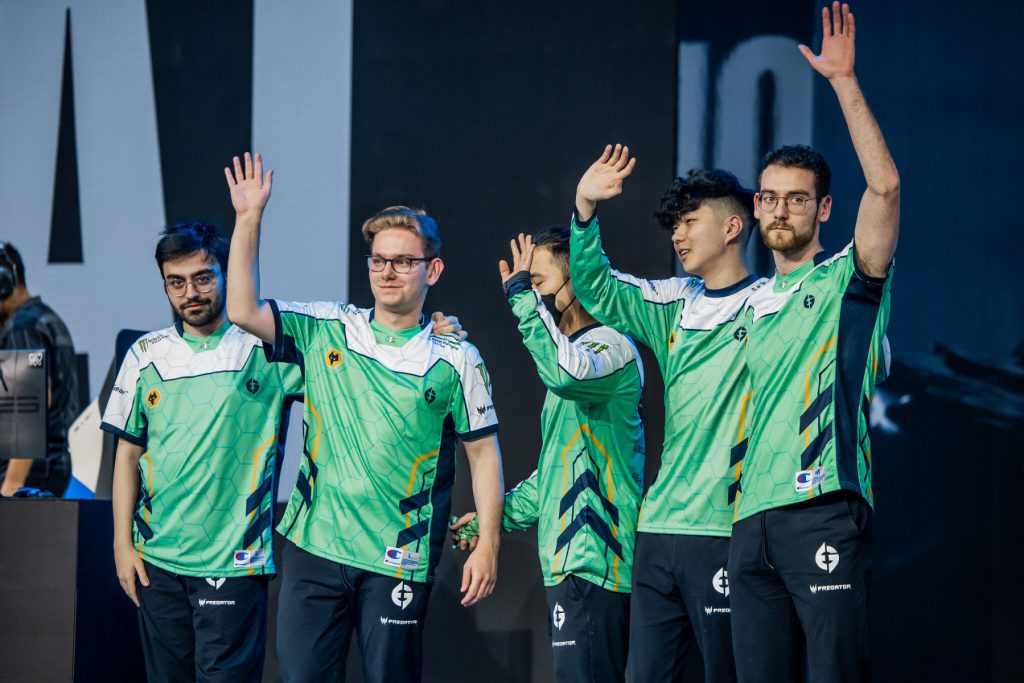
LCS players have voted in favour of a walkout in protest against recent changes made by Riot Games to the LCS’s academy circuit.
The move is a first in esports and was made despite a lack of official unionisation in the LCS, League of Legends’ top esports competition in North America.
The vote, which ‘overwhelmingly passed’ according to the LCS Players Association (LCSPA), was instigated by the LCSPA after Riot Games, the publisher of League of Legends and operator of the LCS, dropped the mandate for teams to field academy rosters in the North American Challenger League (NACL).
LCS teams, which include organisations like Team Liquid, 100 Thieves and Cloud9, have been pressuring Riot to help them financially, according to two senior executives at LCS organisations. This pressure ultimately led Riot to drop the mandate for teams to have academy rosters — a decision which the LCSPA claims was made ‘without prior communication or discussion with LCS players’.
Some teams are spending around $1 million (~£810,000) per year on their academy rosters, according to team executives.
The Executive Director of the LCS Players Association (LCSPA), Phillip Aram, told reporter Mikhail Klimentov last week that if a majority of LCS players vote in favour of the walkout, the league won’t run on its June 1st start date. While the LCSPA stated today that the walkout vote overwhelmingly passed, it is not known how many players voted for it.
Aram told Klimentov that the LCSPA was not informed in advance of the decision by Riot, which he considers a “significant breach of trust.”
He added that Riot “lied to [the LCSPA], and the outcome of that lie is that half our players’ jobs are gone overnight.”
Riot Games has been contacted for comment.
